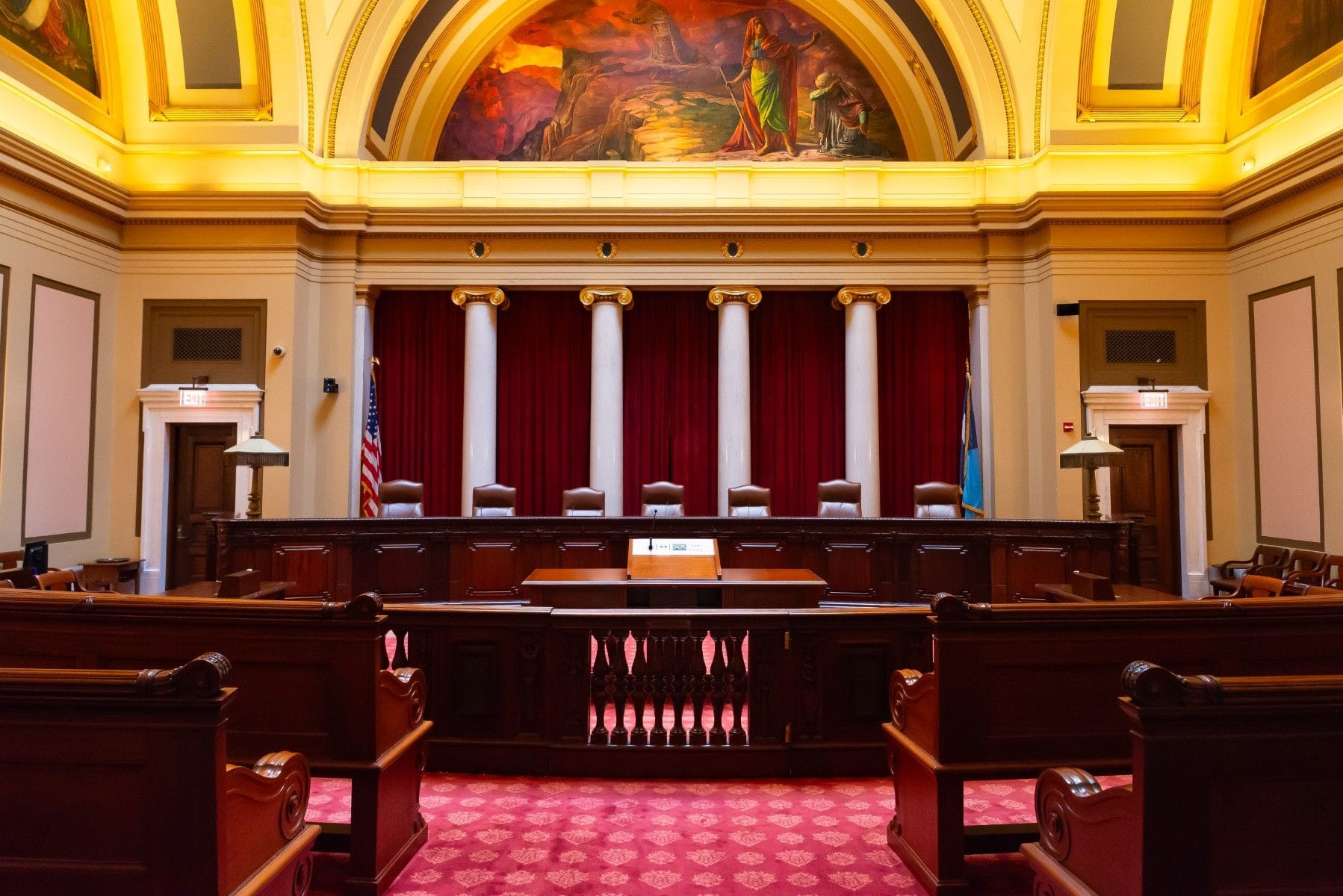Minnesota Expert Witness Disclosure Requirements
Minnesota requires timely expert witness disclosures for fair trials, emphasizing detailed qualifications, opinions, and ongoing updates to uphold judicial integrity.
Updated on
In this article
When Are Expert Witness Disclosures Required in Minnesota?
In Minnesota, the disclosure of expert witnesses is governed by the Minnesota Rules of Civil Procedure, specifically Rule 26.02(d). Expert witness disclosures are a critical component of pre-trial preparations, ensuring both sides have access to pertinent information. Initial disclosures must be made at least 90 days before the trial date unless the court orders otherwise or the parties stipulate a different timeline. This initial deadline is crucial as it sets the stage for depositions and further discovery.
Supplemental disclosures are also a key aspect, required when there is a change in the expert's opinion or when new information becomes available. These should be made in a timely manner, typically at least 30 days before trial, to allow adequate time for the opposing party to respond. The timing under Minnesota's rules may vary depending on the complexity of the case, but adherence to these general timelines is essential.
Information That Must Be Included in the Disclosure
Expert witness disclosures in Minnesota must be comprehensive to facilitate fair trial proceedings. The disclosures should include:
- Expert Qualifications: A detailed account of the expert's qualifications, including their education, training, and experience relevant to the case.
- Opinions and Bases: A clear statement of all opinions the expert will express and the basis for these opinions. This includes any methodologies used and the rationale behind their conclusions.
- Data Considered: All data and information the expert has considered in forming their opinions must be disclosed. This transparency is vital for evaluating the reliability of the expert's testimony.
- Fee Structures: Disclosure of the compensation the expert is receiving is required to assess any potential biases.
- Prior Testimony: A list of cases in which the expert has testified as an expert witness in the past four years is necessary to evaluate their experience and potential biases.
These elements ensure that both parties are well-informed about the expert's role and the potential impact of their testimony.
Supplementing and Amending Expert Disclosures
The duty to supplement or amend expert disclosures in Minnesota is an ongoing obligation under Rule 26.05. This duty arises when there are changes in the expert's opinions, new evidence is discovered, or inaccuracies are found in the initial disclosures. The rules mandate that any changes must be disclosed promptly to avoid prejudicing the opposing party.
Failing to supplement or amend disclosures appropriately can lead to significant consequences, including the exclusion of expert testimony. Courts in Minnesota have consistently held that timely and accurate disclosures are essential for maintaining the integrity of the judicial process. Thus, legal practitioners must be vigilant in monitoring developments that necessitate updates to expert disclosures.
Consequences of Failing to Properly Disclose an Expert
Non-compliance with expert disclosure requirements in Minnesota can result in severe penalties. The most immediate consequence is the potential exclusion of the expert's testimony, as per Rule 37.02. This exclusion can severely undermine a party's case, particularly if the expert's testimony is central to proving a claim or defense.
Additional consequences may include motions to strike the expert, sanctions against the party or their counsel, and adverse inferences drawn by the court. These repercussions highlight the importance of adhering to disclosure requirements. Failure to do so not only jeopardizes a party's position in litigation but can also damage professional reputations.
State-Specific Rules and Key Considerations
Minnesota's approach to expert witness disclosures aligns closely with the Federal Rules of Civil Procedure but includes unique state-specific nuances. One notable aspect is the requirement under Rule 26.02(d) for detailed disclosures that mirror the federal standards but emphasize early and comprehensive sharing of information.
Practitioners must also be aware of local court rules, which may impose additional requirements or timelines. For instance, certain judicial districts in Minnesota may have specific protocols for complex litigation that necessitate earlier or more detailed disclosures.
In summary, understanding and complying with Minnesota's expert witness disclosure rules is crucial for effective litigation. The state's emphasis on transparency and timely sharing of information reflects a broader commitment to fair trial practices. Legal professionals must remain vigilant in adhering to these requirements to ensure the integrity of the judicial process and the successful resolution of cases.


